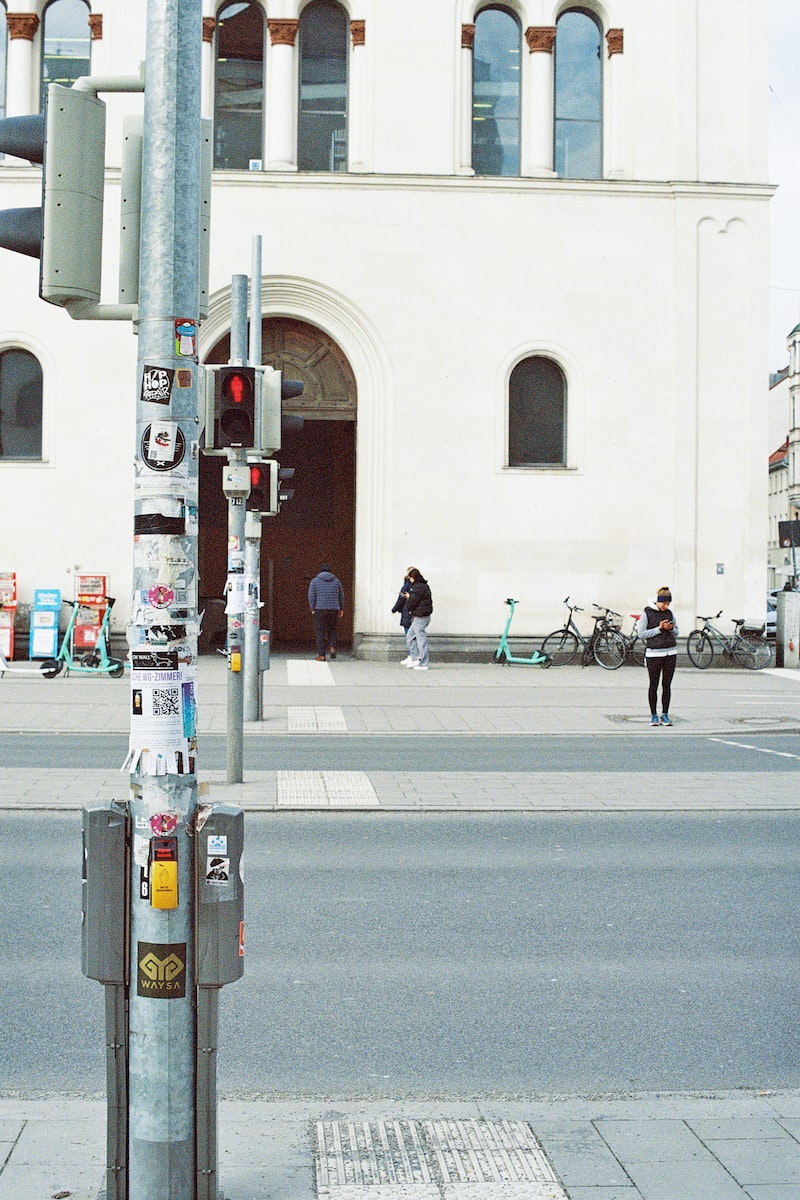Last Updated on: 22nd November 2023, 07:48 am
- Women more likely to take measures to protect their safety during business travel
- 31% don’t travel or go out on their own at night
- 46% stay in close touch with family and friends so their whereabouts are known
- 1 in 10 have experienced negative incident, ranging from minor theft to assault
This International Women’s Day (8 March) a global survey of business travellers reveals that seven in ten (71%) women business travellers say travelling for work as a woman is less safe than travelling as a man.
The Opinium survey of 2,000 business travellers in Australia, Canada, United States and United Kingdom, commissioned by World Travel Protection, a leading global travel risk management organisation, finds that women travellers are more likely to take measures to protect their safety during business travel than men. Almost one in three (31%) say they do not travel or go out on their own at night, compared to 18% men, and almost half (46%) always stay in close touch with family and friends so their whereabouts are known, compared to 36% of men.
Almost one in five (19%) women business travellers also feel their organisation should act with women’s safety in mind when they are travelling alone, for example ensuring that flights do not arrive late at night.
Global women’s equality issues are also of greater concern to women than men with over one in three (36%) saying they do not like travelling to countries where women’s rights aren’t protected, compared to only 15% of men.
Interestingly, in their hotel or accommodation, both men and women take extra steps to protect their security, for instance placing a chair or obstacle against the hotel door to deter a potential intruder (16% both men and women), and using room service so they don’t have to eat in a restaurant on their own (17% both men and women).
Moreover, one in five women business travellers (21%) prefer to stay in hotels that make provision for solo women travellers and a similar proportion (19%) wear a wedding ring (real or fake) to avoid unwanted attention.
Over one in ten women business travellers (12%) have unfortunately experienced a negative incident, ranging from minor theft to assault when travelling, and one in ten (10%) have been unwell with a women’s health problem while travelling but felt unable to get help because of the stigma around women’s health issues.
Kate Fitzpatrick, Regional Security Director, EMEA at World Travel Protection, said: “This International Women’s Day, it’s important to note that, compared to men, women often have different safety considerations to think about when travelling for work. The risk will generally increase in countries with less equality. It’s essential, therefore, that women have a full understanding of the cultural norms in their destinations from what to wear to how they act, for example perhaps avoiding alcohol in public. We often undertake specific risk assessments for women business travellers to make sure their safety and security is the highest priority.”
Kate continues, “As well as safety considerations, women business travellers may face gender bias in some cultures where it’s not the norm to have women in senior roles. I’ve personally experienced sexism and push-back because of my gender. People are surprised to meet a woman Director of Security, and whether it is a police chief in South America or a site risk inspection in West Africa, I regularly have to detail my past work in security and government law enforcement to give me credibility, something which my men colleagues never have to do.
Kate concludes, “World Travel Protection educates and trains businesses to mitigate exposure to inherent risks associated with travelling abroad, for all staff, whatever their gender. We provide 24 hours medical, travel and security emergency assistance including medical case management, evacuation and repatriation, together with providing access to virtual care services (telehealth) and security intelligence.”









